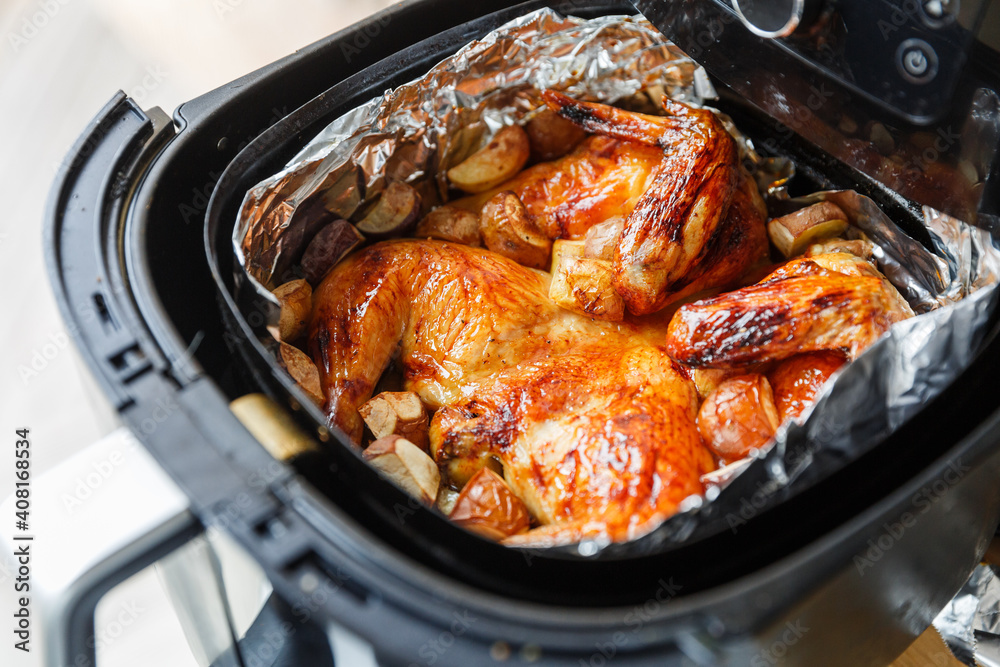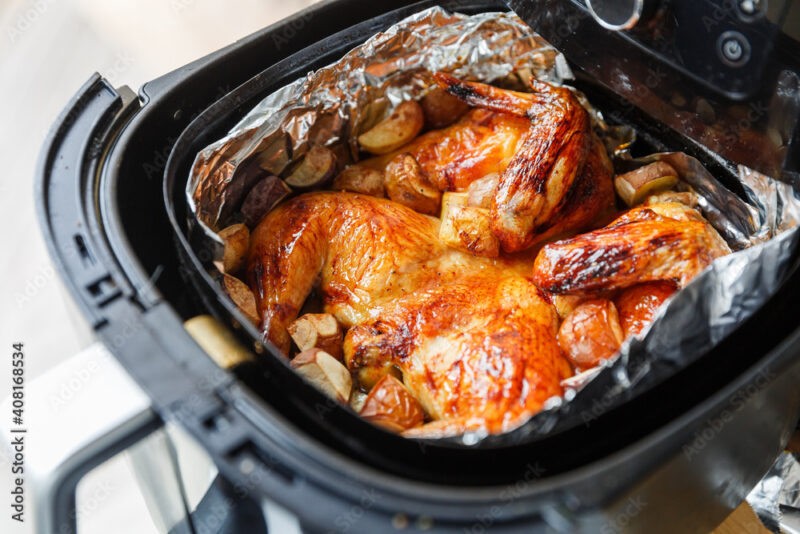
Food is like fashion, with trendsetters in the culinary industry often influencing what consumers will be eating in the coming year.
And while we may not all be dedicated followers of foodie fashions, these trends – whether serious shifts (think sustainability or the increase of plant-based eating) or fancy fads (butter boards anyone?) – will have an effect on us as consumers and diners thanks to the retailers and restaurateurs who monitor such things.
Here’s a fun fact! The top five food trends on TikTok in 2022 were: Cloud bread, with an astonishing 3.4 billion views; baked oats (1.3 billion views); charcuterie boards (1.2 billion views); pasta chips (1.1 billion views) and mug cake (1 billion views).
Top get an idea of what South Africans can expect in 2023, we asked chef lecturers at Capsicum Culinary Studio to share some of their predications for this year’s biggest food trends and shifts.





Larozaan van Zyl (Boksburg campus)
- Plant-based eating: People will continue to incorporate more plant-based foods into their diets. This doesn’t mean they are all-out vegetarian or vegan, although the demand for these foods continues to increase. Stock up on ingredients such as nuts, seeds and nutritional yeast that lend themselves to easy plant-based meals.
- Cauliflower has been the ‘it’ vegetable for the past few years – whether roasted, riced, mashed and smothered into dips. I don’t see its popularity waning any time soon.
- Gut-friendly foods: We’ll start seeing probiotics and prebiotics (a fuel to help bacteria grow) in pre-made smoothies, powders, granolas etc.
- Alternative flours: From banana and chickpea to almond and coconut, these naturally grain-free flours provide more vitamins and minerals than typical white flour. They can easily be swapped for white flour in many recipes that include breaded fish or chicken or they can be used as a healthier option.
Amir Nizam (Boksburg campus)
- Air fryers: These will continue to rise in popularity because of their affordability, versatility, oil-free options and speed.
- Healthy food: There is a growing movement to eat more healthy foods and learning about its nutritional value. This includes more plant-based options and food that is good for a healthy gut.
- Economical eats: As food prices continue to rise, so people will be on the lookout for cheaper items with which to make hearty dinner, so there will be an increase in the sale of things like tinned fish.
Marlon De Freitas (Cape Town campus)
- Classical dishes: Restaurants and hotel chefs will return to classical dishes but recreating them in a more modern manner and with the current global economic crisis they will offer diners more value-for-money.
- Traditional dishes: Chefs are going to go back to their roots and will look at dishes they grew up eating as well as exploring ingredients from South Africa and the African continent. We are going to see innovative interpretations of African food.
Sharon Visagie (Durban campus)
- Less meat and more veggies: Meat free Mondays has been growing in popularity with some restaurants opting for their Monday specials to be plant based only.
- Raw food movement: Chefs are choosing to use more raw foods and fruits in dishes, especially desserts.
- Forage-to-table and farm-to-fork. Interest in this concept has increased with more chefs producing dishes with local, indigenous products which also has less effect on the environment.
- Hyper-realism in desserts. Chefs crafting intricate entremets and desserts to look like whole fruits or other foods (Cedric Grolet is a great example). It is a multidimensional experience as the customer experiences a taste that might not necessarily be associated with the image.
- Artisan breads. Intricately scored sourdoughs are a fast-increasing trend with more consumers choosing fresh, hand-made products over commercially manufactured ones. Chefs are also experimenting with different and sometimes unusual flours and grains when making breads.
Nadia Pillay (Nelson Mandela Bay campus)
- Sustainability and healthy eating: Home cooks and restaurateurs will continue to focus on sustainability while people will continue to live healthier lifestyles which will impact on their food choices.
- Convenience and cost-effective cooking. This will spike, especially in South Africa, with people learning how to adapt and save money by changing what they buy and eat.
- Mushrooms. These may well be the ingredient of the year! Mushroom growing kits are easily available, making it cost-effective to grow your own, and with their meaty texture and nutritional value, they fit right in with plant-based cooking.
Charne Wylie (Pretoria campus)
- The Air fryer. This has become a must-have in all kitchens. From personal experience it is the best appliance ever! I don’t only use it for rustling up a 10 minute meal for my children but use it to make the crispiest bacon and tender chicken breasts. The list goes on. They also save electricity – provided the power is on!
- Growing one’s own food: Sustainability was a trend for last year and it’s going to continue. With the current economic crisis, more people will grow their own vegetables to become more self-sufficient.
Ewan Johnston (Rosebank campus)
- Cooking in bulk. This will increase as it helps cut down on costs and is convenient.
- African cuisine is starting to make its mark on the global stage and more and more of our South African chefs are exploring their heritage and their traditional foods. Middle Eastern herbs and spices (think sumac and za’atar) caught the imagination of cooks around the world. Now we need to promote our own unique ingredients.
For more information on Capsicum Culinary Studio, visit www.capsicumcooking.com.




